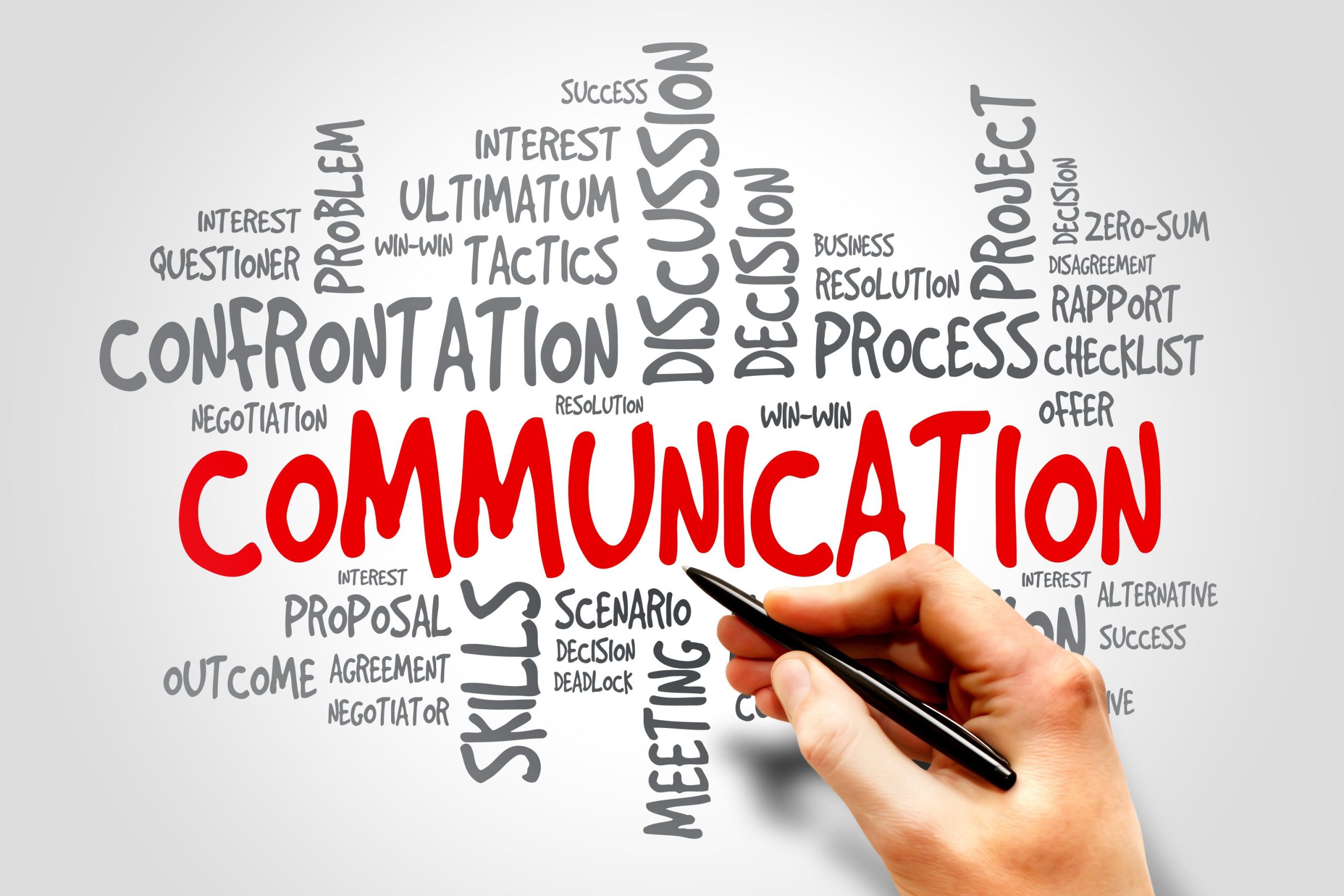In today’s fast-paced, global business environment, effective communication is paramount for success. Whether it’s pitching ideas to clients, negotiating deals, or leading a team, honing your communication skills can make a significant difference in your career trajectory. Communication skills training for business professionals provides the necessary tools and techniques to enhance your ability to convey ideas, build rapport, and navigate complex business interactions.
The Importance of Effective Communication in a Business Setting
Within the context of business, effective communication plays a crucial role in several key areas:
Client Relationships: Effective communication is essential for building strong and lasting relationships with clients. It enables professionals to understand client needs, provide tailored solutions, and establish trust and credibility.
Team Collaboration: In a team-based work environment, clear and concise communication fosters collaboration and ensures everyone is aligned towards achieving common goals. It minimizes misunderstandings and maximizes productivity.
Leadership: Strong communication skills are integral for effective leadership. Leaders must be able to articulate their vision, motivate their team, and provide constructive feedback. Effective communication creates a positive work environment and inspires team members to perform their best.
Negotiations: Business negotiations require excellent communication skills to find mutually beneficial outcomes. The ability to listen actively, empathize, and convey ideas clearly is instrumental in achieving successful negotiations.
Key Communication Skills to Enhance
Communication skills training focuses on developing and improving the following core abilities:
Verbal Communication: The ability to articulate thoughts and ideas clearly using appropriate language and tone. It includes effective listening, speaking fluently, and adapting communication style based on the audience.
Non-Verbal Communication: Understanding and utilizing body language, facial expressions, gestures, and eye contact to enhance the impact of verbal communication.
Written Communication: Crafting well-structured and concise written messages, such as emails, reports, and proposals that convey information accurately and effectively.
Active Listening: The skill of attentively and empathically listening to others, understanding their perspectives, and responding appropriately.
Emotional Intelligence: Being aware of and effectively managing emotions in oneself and others to foster positive and productive interactions.
Conflict Resolution: The ability to identify and address conflicts in a constructive manner, finding solutions that satisfy all parties involved.
Benefits of Communication Skills Training
Participating in communication skills training programs offers numerous advantages for business professionals:
Effective Communication: Training equips professionals with the knowledge and techniques to communicate their ideas in a manner that is persuasive, engaging, and easily understood by others.
Improved Relationships: Enhancing communication skills enables professionals to build stronger relationships with clients, colleagues, and superiors, leading to increased trust, collaboration, and opportunities for growth.
Enhanced Leadership Abilities: Effective communication is a key component of exceptional leadership. Training enables professionals to inspire and motivate their teams, facilitate open dialogue, and provide constructive feedback.
Conflict Resolution and Problem-Solving: Communication skills training equips professionals with the skills necessary to navigate conflicts successfully and find mutually beneficial solutions.
Increased Professional Confidence: As professionals develop stronger communication skills, they become more confident in expressing their ideas and opinions, leading to greater influence and impact.
Choosing the Right Training Program
When selecting a communication skills training program, consider the following factors:
Reputation: Look for programs with a proven track record of success and positive reviews from previous participants.
Curriculum: Evaluate the program’s curriculum to ensure it covers key areas of communication relevant to your professional needs.
Delivery Method: Consider whether the training is conducted in-person, virtually, or through a combination of both, based on your preference and schedule.
Instructor Expertise: Research the qualifications and experience of the instructors to ensure they have the necessary expertise in communication training.
Practical Application: Look for programs that offer opportunities to practice and apply the learned skills through role-play exercises, group discussions, and real-life scenarios.
Conclusion
Effective communication is vital for success in the business world. Communication skills training for business professionals offers numerous benefits, including enhanced client relationships, improved team collaboration, stronger leadership abilities, and increased professional confidence. By investing in communication skills training, professionals can elevate their ability to navigate complex business interactions and achieve their career goals.
